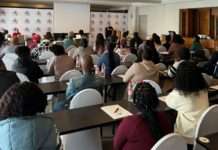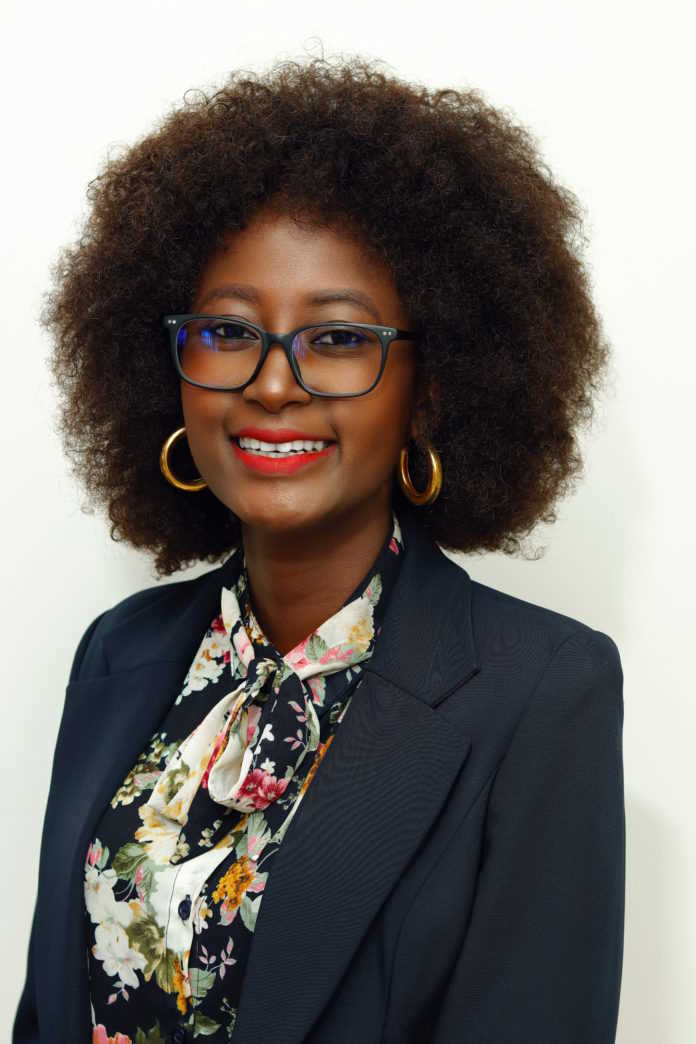There is a consensus internationally that the right to education is a human right thus people ought to have access to basic education. This is motivated by the understanding that skills imparted in schools are crucial for people’s participation in society and refers primarily to literacy and numeracy skills and having an ability to access the political systems of societies.
The right to a basic education is a constitutionally protected right that is unequivocally guaranteed to all children in South Africa. Human rights education mandate asserts the responsibility to respect, protect, and promote the rights of all people, helps to develop the communication skills and informed critical thinking essential to a democracy. It provides multicultural and historical perspectives on the universal struggle for justice and dignity while engaging the heart as well as the mind. Additionally, it affirms the interdependence of the human family and promotes understanding of the complex global forces that create abuses, as well as the ways in which abuses can be abolished and avoided.
All of the necessary laws and policies are in place to ensure education for all in South Africa however, the reality is that apartheid’s legacy of unequal opportunity has still not been wholly dismantled. Access to education might have increased since 1994, but the quality of education for all is a concern, as the education system remains fundamentally dysfunctional and unequal. Twenty-five years after a hard fought freedom South Africa’s public education system is still riddled with stark inequality. More often than not, the high-quality, effective schools provide education to the privileged, while the disadvantaged sectors of the population continue to receive sub-standard education, perpetuating South Africa’s reputation as one of the most unequal societies in the world.
Only 20% of the country’s 25 000 government schools provide a good quality education, while 80% are dysfunctional.Today, South Africa’s education system is ranked as amongst the worst in the world, with the literacy crisis deepening. 82% of the grade fours cannot read for meaning, 25% of the matriculants fail their final examinations, approximately 50% of the learners drop out of school before completing matric and under 5% of the learners who commence primary school end up with a tertiary qualification.
Education is a societal issue and feasible solutions to the many challenges in education start with an involved, socially conscious and active citizenry. There is no doubt that quality education for all is a foundational human right and a pathway out of poverty – an enabler that will unlock South Africa’s economic potential and reduce inequality by ensuring that all South Africans have the opportunity to succeed.
Since the education system is largely failing South Africa’s learners, innovative solutions to this complex challenge are required. In addition, there is a growing volume of research recognising that leadership at school level is a critical factor in turning around an education system in crisis. Majority of public school principals in South Africa face formidable leadership challenges including poor school infrastructure, under-qualified and demotivated teachers, and students who are often hungry and ill and lack parental support amongst others.
In contrast, South Africa remains a powerhouse economy in Africa – despite political instability, rolling power outages and a high inflation rate. Thousands of business leaders in South Africa have been capacitated by their organisations to assume leadership positions.
If we acknowledge that sound school leadership is the key to rescuing the ailing schooling system, then tapping into the vast business expertise on offer appears to be the obvious solution. Citizen Leader Lab’s flagship programme, Partners for Possibility, does exactly this – partnering socially conscious business leaders with well-honed skills, with school principals, who often assume leadership positions without being capacitated for the important role. This gives the principals an opportunity to become agents of change, and find their own solutions to the problems their schools face. In addition, the private sector, which often wants to make a contribution to public education, is given a worthwhile conduit for social investment.
These partnerships see principals attaining the competence, confidence and energy to lead change, to ensure that the teams running the school are cohesive, that teachers are re-energised and teaching with enthusiasm, and parents and community members are actively engaged with schools. The fact that public school leaders potentially have an impact on learners and teachers at schools, makes the development of public school principals both sustainable and cost-effective, with far-reaching impact.
Perhaps the time has come to invest in our school principals who lead South African public schools, who are tasked with shaping our country’s future leaders, as we do in business leadership.
About the author
Dorcas Dube-Londt is the National Marketing and Communications Manager for Citizen Leader Lab. Her passion for education, leadership and social justice has garnered much recognition over the years. Dorcas holds a Masters in Strategic Communication from the University of Johannesburg.












